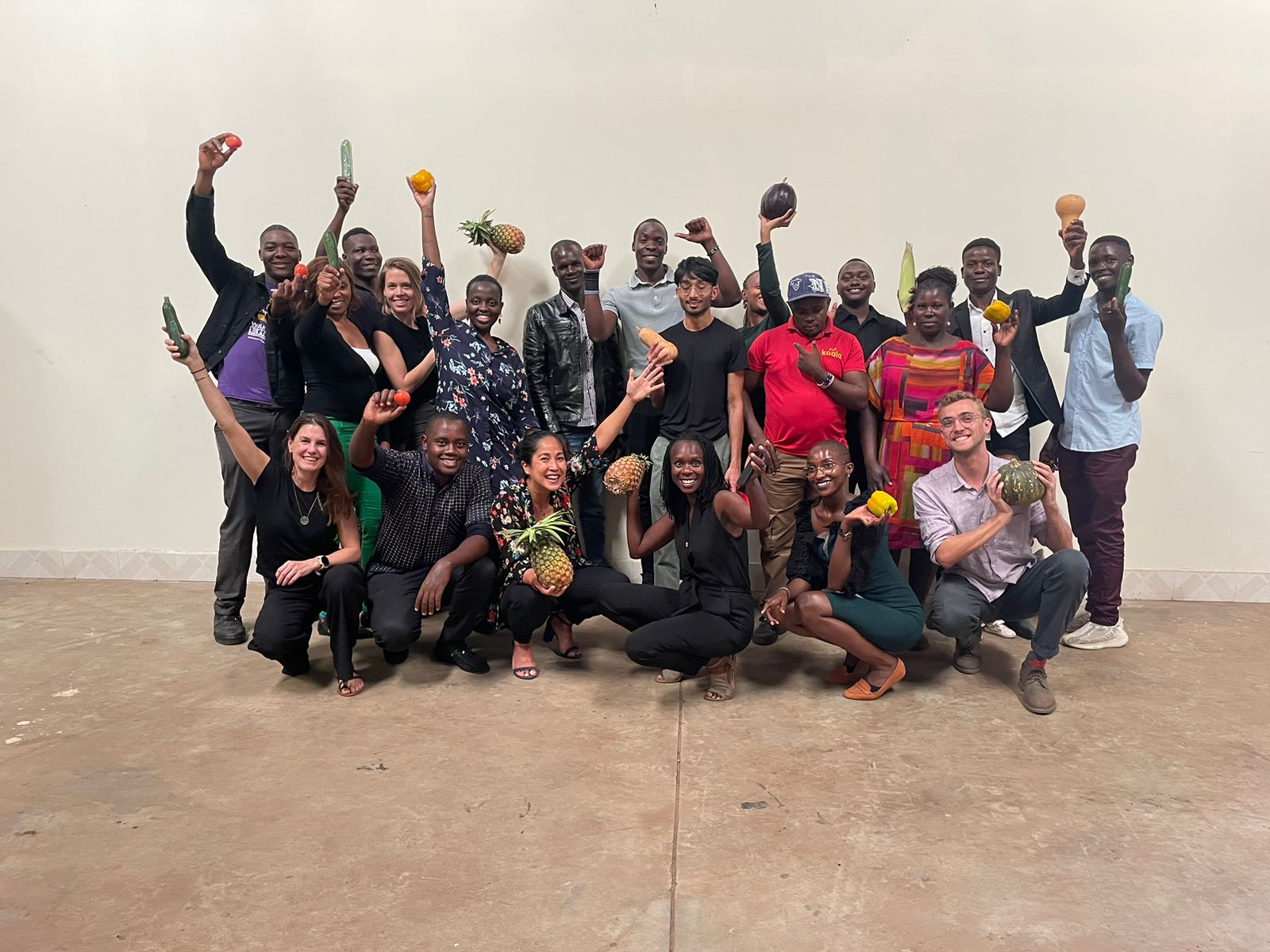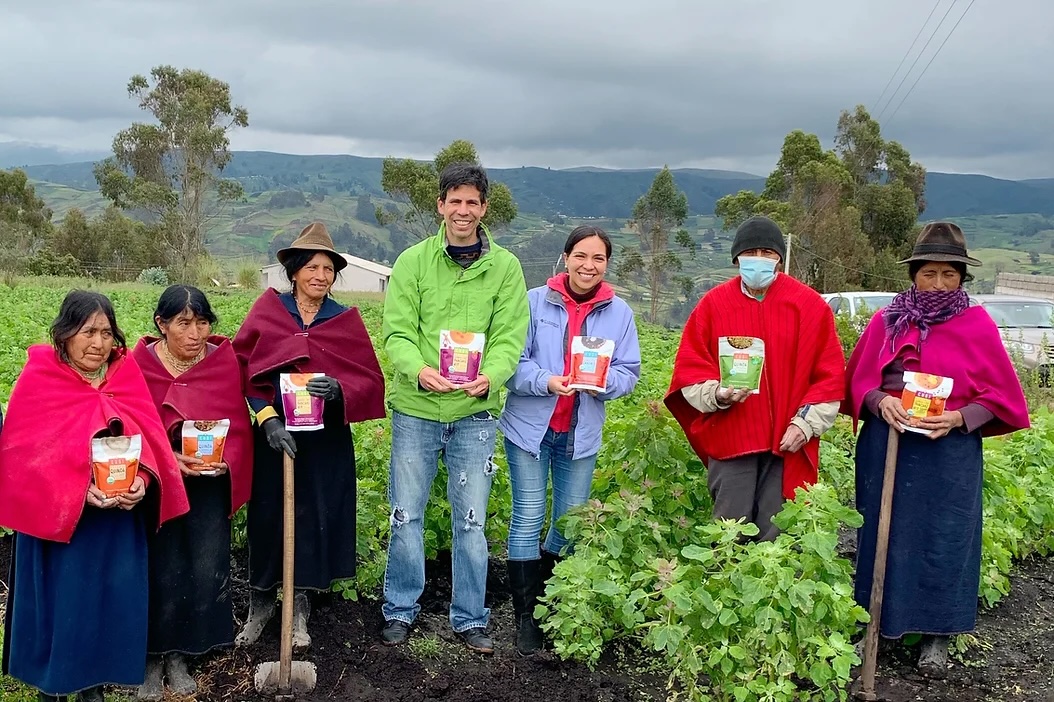It’s taken three years for Mauritius-based Acre Impact Capital to reach a first close for its first infrastructure finance fund. The firm is filling a funding gap for African infrastructure projects that are heavily guaranteed by international export credit agencies but still need to prove they can be fully financed before banks will step in (see how it works).
Acre Impact Capital notched $100 million from African banks, including South Africa’s Rand Merchant Bank, as well as the European Investment Bank, FSDAi, Trimtab Impact and family office Ceniarth to enable Acre Impact Capital to fill that 15% commercial tranche of infrastructure project finance.
“You want African investors investing in solutions that will improve the continent, and you want the returns of those investments to go to these investors so they will hopefully reinvest with impact and intentionality,” Acre’s Hussein Sefian told ImpactAlpha.
Just about 10% of infrastructure costs in Africa are covered by private investors. Governments largely depend on tax revenue or the bond markets to build schools, roads, water systems, and energy and Internet connectivity. Credit rating agencies have not looked favorably on many African countries in anticipation of a wave of upcoming debt repayment deadlines this year and next.
A forthcoming white paper from Acre and Pangea Risk cites recent bond issuances by Kenya, Cote d’Ivoire and Benin as reasons for being “pretty bullish,” said Sefian, despite continuing high interest rates and debt ratios. “It shows that management improvements of government finances lead to better interactions and transparency with institutional investors. Ultimately, governments are rewarded with the ability to access capital markets.”
Sefian and his team believe an African credit rating agency would be better able to assess “the actual operational risks faced by businesses in many African countries.”











